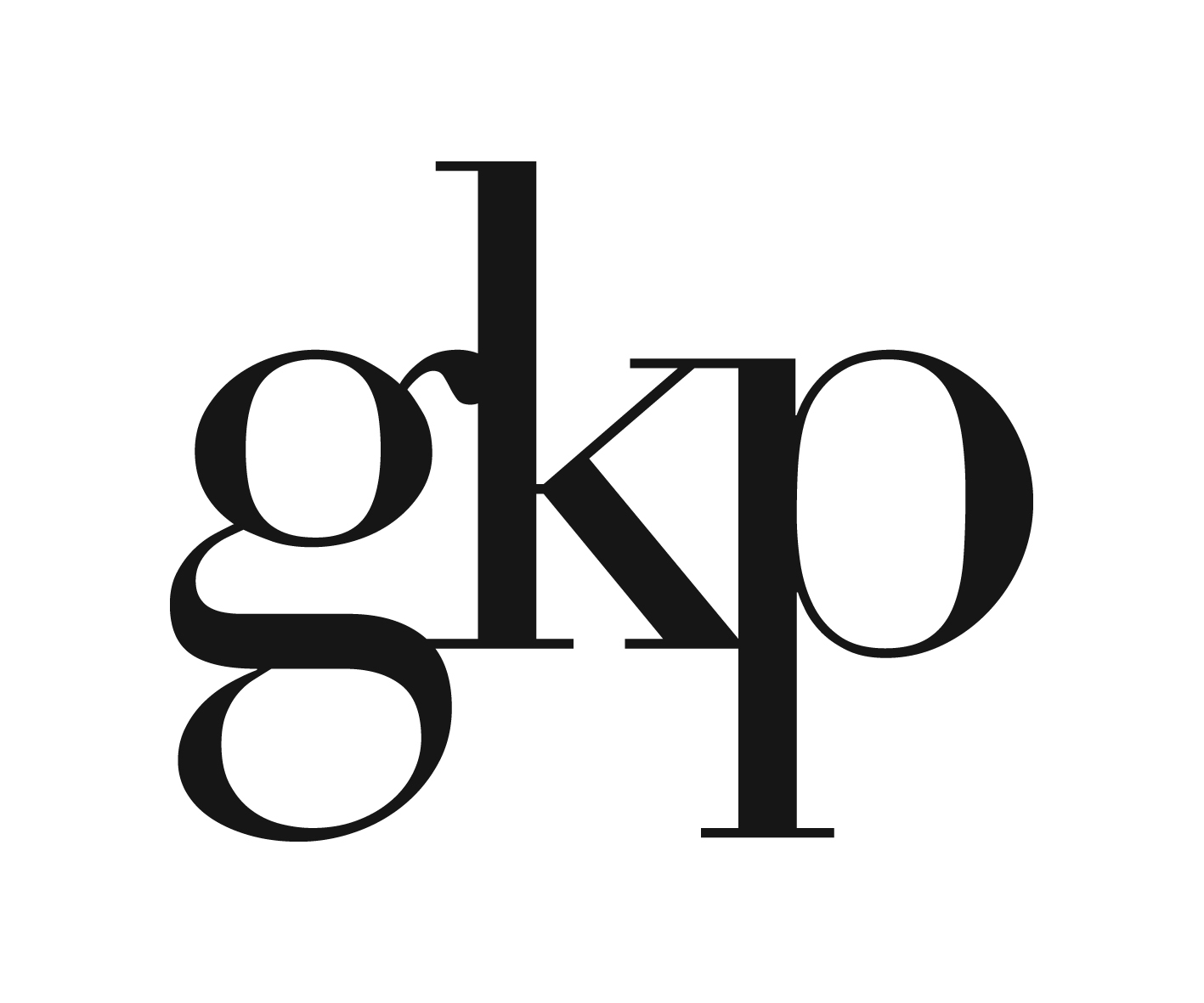“ Corporate and Business Communications Campaign ”
WINNER - GKP for GL Assessment: A Dangerous Diet
Brief and objectives
GL Assessment (GL) is one of the country’s leading suppliers of assessments to schools in the UK and overseas. It has been established for over 35 years and has a wide range of products that help teachers assess children’s academic and emotional development.
Since an Ofsted (The Wasted Years) report was published in 2015 there has been a debate within the school sector about what a good Key Stage 3 education looks like. Ofsted believes that more and more schools are teaching exam-driven syllabuses at ever younger ages. In some cases, it means children are being prepped for GCSEs as soon as they start in Year 7, and this has stoked fears that school curricula are being pared back as a result.
With Ofsted intending to publish a new inspection consultation in January 2019 GL wanted to use PR to drive awareness of its views on good assessment practice at Key Stage 3 (KS3) and provide the company with content that would generate interest and discussion within secondary schools and multi academy trusts (Trusts).
The idea, research and planning
The idea was a simple one. Educationalists – including Ofsted – had been talking for years about the pressures on schools to deliver an exam-driven curriculum but no one had actually investigated the opinions of classroom teachers and parents. GKP recommended finding out these views and then using them to inform a wider campaign.
During the summer of 2018, GKP commissioned YouGov to research the views of 900 teachers and 1,000 parents about the topic to understand their views on the situation.
Given the number of organisations with a vested interest in the issue, a great deal of thought had to also go into the planning of the campaign. In advance of the activity launching, GKP and GL pulled together a wider team of schools, Trusts and high-profile individuals (including Geoff Barton, General Secretary, ASCL and Sir Kevan Collins, Education Endowment Foundation) to take on board their views and secure their commitment to supporting the project.
Strategy, tactics, creativity and innovation
The original campaign plan was to launch the initiative in early January after schools had returned from their Christmas break. However, with Amanda Spielman (Ofsted’s HMCI) creating headlines from a speech on the curriculum in October we had to change strategy and adjust the timings of our campaign to ensure GL was seen as a key player within the debate.
In November 2018 the YouGov findings were issued to target national and specialist media outlets. Coverage included a front page story with The Times, a page lead in the Daily Mail and reporting in the TES.
Having established GL as a thought-leader we then returned to our original January campaign plan. Our tactics centred on encouraging teachers to visit GL’s website, register for more information and request a call-back.
Activity included:
Using the research findings to create two reports about good assessment practice at Key Stage 3. The main report – Dangerous diet: How exam rations imperil a broad and balanced curriculum, was designed for a general KS3 school audience. The second report, Closing the gap: How a narrow curriculum disadvantages the disadvantaged, was designed more for larger school groups and Trusts. These reports could only be downloaded after registering at GL’s website.
Creating a second news opportunity from the YouGov research findings that had been used in the Dangerous diet An exclusive partnership with TES resulted in further news reporting and opinion editorial exposure (with backlinks to GL’s website registration page).
A six-week email campaign to heads of Y7, Y8, Y9, KS3 coordinators and deputy Headteachers in secondary and all-through schools in England. The content from these emails ranged from inviting schools to register and download a copy of the report, to an invitation to book a KS3 consultation.
A social display advertising initiative using Facebook (71% of teachers are still active on this platform) and the Google Display Network. GKP created eight different adverts focussing on specific themes linked to the reports with each execution taking the reader to GL’s report registration page.
A social media campaign which included a whiteboard animation (for use as a social teaser), and Twitter and LinkedIn graphics. These were also shared in advance with all GL partner organisations to help spread the word and included links to GL’s website.
A live webchat hosted by the highly influential @TeacherToolKit – the most followed (209K) teacher on Twitter. His follow up blogpost also included links to GL’s report registration page.
“Working with GKP has led to a step-change in the way we approach our proactive PR”
Measurement and evaluation
The campaign’s effectiveness was ultimately measured on two key metrics – report downloads and requests for call-backs.
By the end of February, 23% (978) of secondary schools and Trusts had downloaded one of the two KS3 reports.
And a third (31%) of these schools asked to be contacted to discuss the findings.





